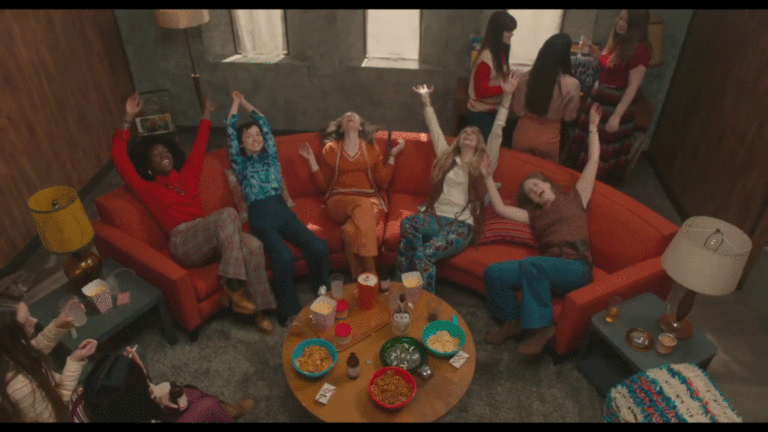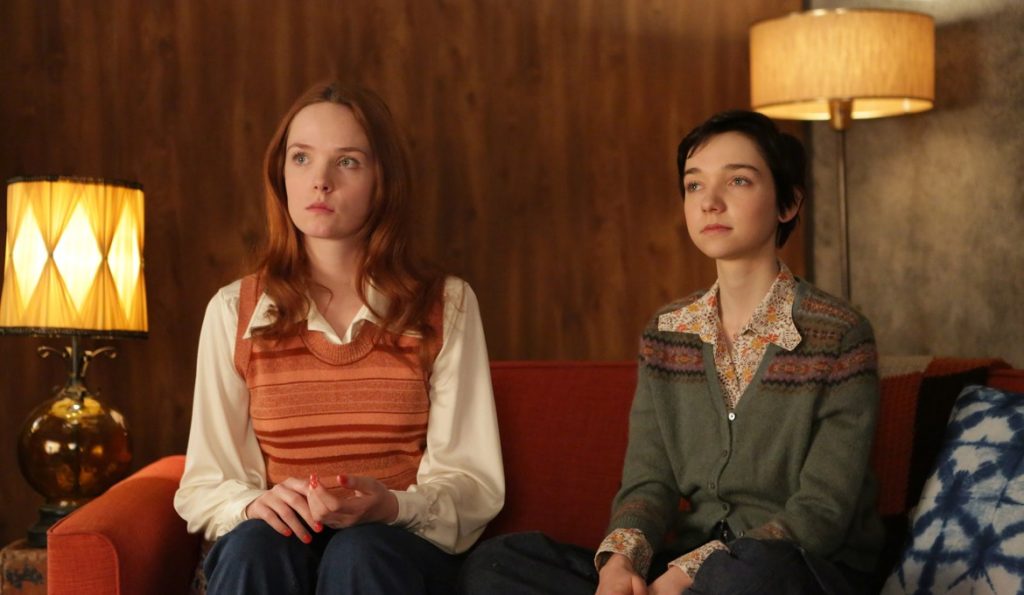
In 1969 Pierre Trudeau’s Liberal government pondered changing laws regarding the use of marijuana. In 1970 the Le Dain Commission delivered its report on the Non-Medical Use of Drugs and recommended the decriminalization of all drugs. It was a polarising moment in Canadian history. And in 1972 a conservative group set in motion a 98-day live-in research study of the effects of marijuana on young women, hoping to tailor a negative outcome and quash legalisation. The study was done in secret, as a group of women, paid to smoke large amounts of weed were observed; it was gruelling, unhealthy and unethical. There was no consideration of the girls’ health and wellbeing. They were coughing uncontrollably about halfway through the 98-day experiment and suffering intense reactions to isolation. Julia Sarah Stone plays Mary, a homeless young woman based on actual participants, as chronicled in Craig Pryce’ drama The Marijuana Conspiracy. What She Said’ Anne Brodie spoke with Stone from her home in Vancouver
This story in Toronto in 1972 is shocking, this near-criminal research project undertaken by the government. How shocked were you?
I was really surprised, one of the most frightening things is that it was swept under the rug, we don’t really know it happened. People aren’t aware of it. I hadn’t heard of it till I read the script, I was surprised. It struck me as a story that should be told but it hadn’t had its chance.
Your character Mary bookends the story, we see what happens through her, but she holds things back from us, her past. Was it interesting to play that?
It was a lot of fun actually, I enjoy playing characters that have a lot more under the surface than comes across in the dialogue. Mary’s guarded she doesn’t trust, it makes it all the more special when she finds moments to be able to let go of that and make some strong connection. I definitely grew very fond of her.

Also, her presence tells us a good deal about youth homeless. Sadly she seems to have become adjusted to living on the street.
She’s not trusting, she’s street smart and she’s learned to fend for herself. She definitely has this tough exterior.
Was Mary based on an actual participant or is she fictional?
All of the characters were based on a mix of traits for the traits of real people who were involved in it, not necessarily someone who is completely parallel to any of the characters but definitely drawn from truths about the women.
There’s something about your face onscreen, it’s so honest, you can’t hide anything, it’s so expressive, and that’s a real gift for an actor.
Im not sure. I’ve been told that but I’m not sure where it comes from. I look for the vulnerability of the character and a lot of it comes from having a sense of openness to what’s going on in the story and how it’s affecting whatever character im playing. That kind of vulnerability is something that really is different in every character. Every person is vulnerable. that’s what makes me fall in love with the characters I play. finding their vulnerability and what it does to them.
A young Frances McDormand, hidden and never hidden. Have you worked during the pandemic?
Yeah, I did a short film over the summer last year The Unicorn Code, I believe it’s going or be released pretty soon, no set date yet. Ive done two feature films shot remotely over Zoom. That was a strange experience! Before the World Set on Fire.
You’ve had such a busy career. I remember you so fondly on The Year Dolly Parton Was My Mom, and have followed you. I’m very proud of what you’ve accomplished.
Thanks!